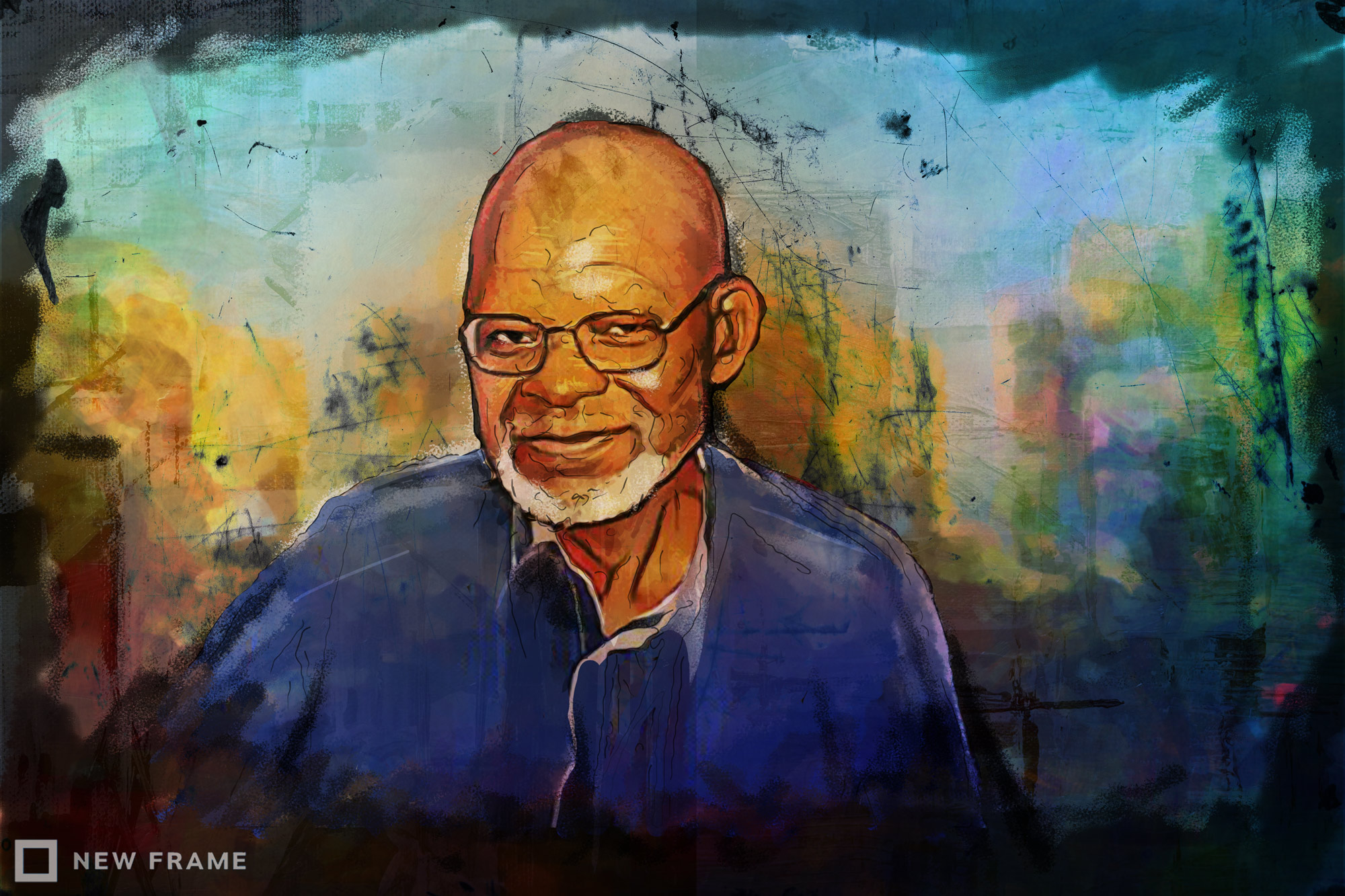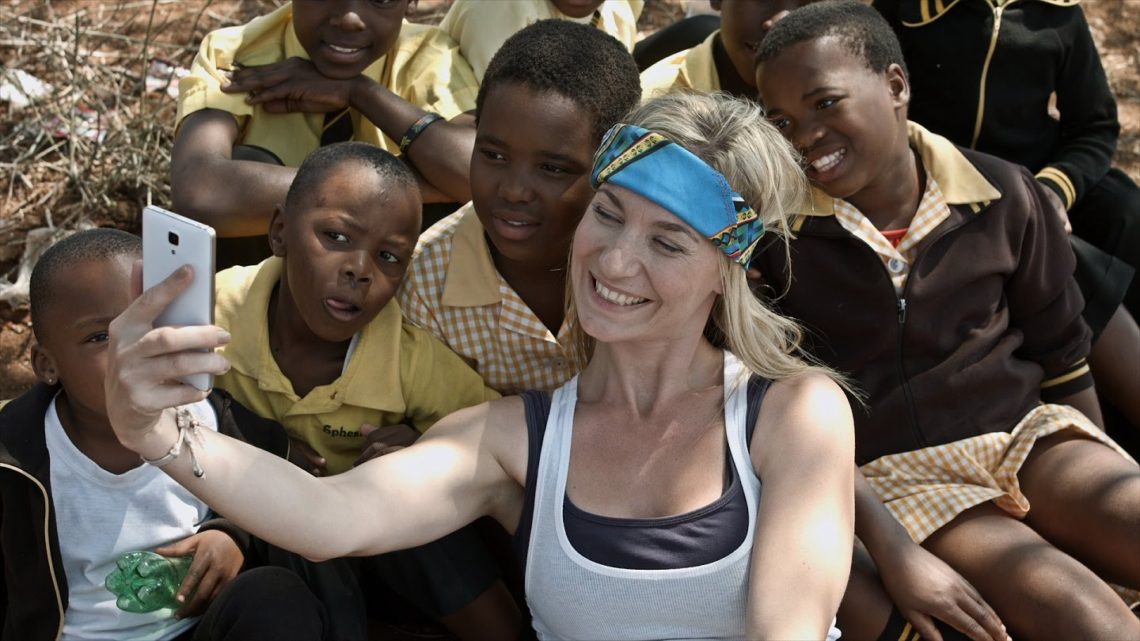The last few weeks have borne grim news from our beloved Africa – news of
thousands of lives lost, news of sorrow, news of assaults on what it is to be human. Now, the assault on migrant lives is front and center.
Hundreds have risked life and limb, while some have handed over their life-savings to traffickers, to be ferried to a new life elsewhere. In the waters of the Mediterranean between Libya and Italy over 1,000 people drowned in the past week alone. And in South Africa since mid-March, many have been beaten and displaced and some have had the last gruesome moments of their lives captured and broadcast – with no intervention – as anti-migrant violence against black and brown people reared its ugly head once again. The right to pursue a life of dignity — a brighter future — has ended in horror and grief.
Analyses of these situations abound and paralysis in the face of the complexity of the issues and the sheer numbers – the number of individual lives lost – is understandable. Yet each number is someone’s mother, father, child, brother, sister, friend. Someone’s someone. Their lives are our lives. We must act for our humanity.
Wherever we are, we are all migrants. Some are recent arrivals, while some have grown and continue to deepen roots in new home countries and communities. Some of our journeys have been less stressful, while for some, the journey has been wrought with unimaginable struggle.
As the world watches the grim news on the continent, we must remember the desperation that drives thousands of Africans to risk imminent danger to seek refuge elsewhere. We must remember that lack of livelihoods and employment options compel families to make the rational decisions to send loved ones on journeys by any means necessary, despite clear knowledge of earlier failed attempts by previous travelers. Africa still does not have adequate manufacturing jobs to offer decent wages to millions of adults seeking to be productive. Our economic policies still favor Western companies as to local production and enterprise. In this semblance of scarcity, we turn against each other to fight over what’s left, as we’ve seen in South Africa and Congo. Overall, Africa’s so-called emerging markets appear to be “emerging” for others, not Africans on the ground. In this context, despite the MDGs and countless sound-good proposals, young Africans look to distant shores that promise decent housing, a way to eat on a daily basis, and a path to have purpose in life and care for those left behind.
Yet here
we are, we made it, we’re alive. We have our voices. We have our dignity. We are intact. Now we need to leverage our relative privilege to act on behalf of our sisters and brothers who cannot. In the different spheres of influence we find ourselves, we must raise up our sisters and brothers whose lives do not fit neatly into the shiny “Africa Rising” packaging of exceptional leaders in business, the arts, and socio-political discourse. As Africa Day draws closer on May 25th, it’s not enough to just
talk about African unity and solidarity. We need to act it out now, in this moment, and every day. Let‘s act to ensure that the 2015-2024
International Decade for People of African Descent does indeed translate into long overdue “recognition, justice and development” for our people.
All our sustained actions amount to something whether they are large or small. Here are a few suggested actions:
- Honor the lives and dignity of those lost. Let’s cease reposting and liking images of our dead and injured – they are not characters for the world to consume in info-tainment.
- Write, blog, tweet. Our lives must not be forgotten.
- Push for the African Union and European Union to safeguard the rights and lives of migrants going to Europe from North Africa without compromise or questions of financial cost.
- Support the work of NGOs like the Trade Collective or Gender Action that lobby governments and the World Bank for fair global economic policies
In peace and solidarity,
Priority Africa Network Community



